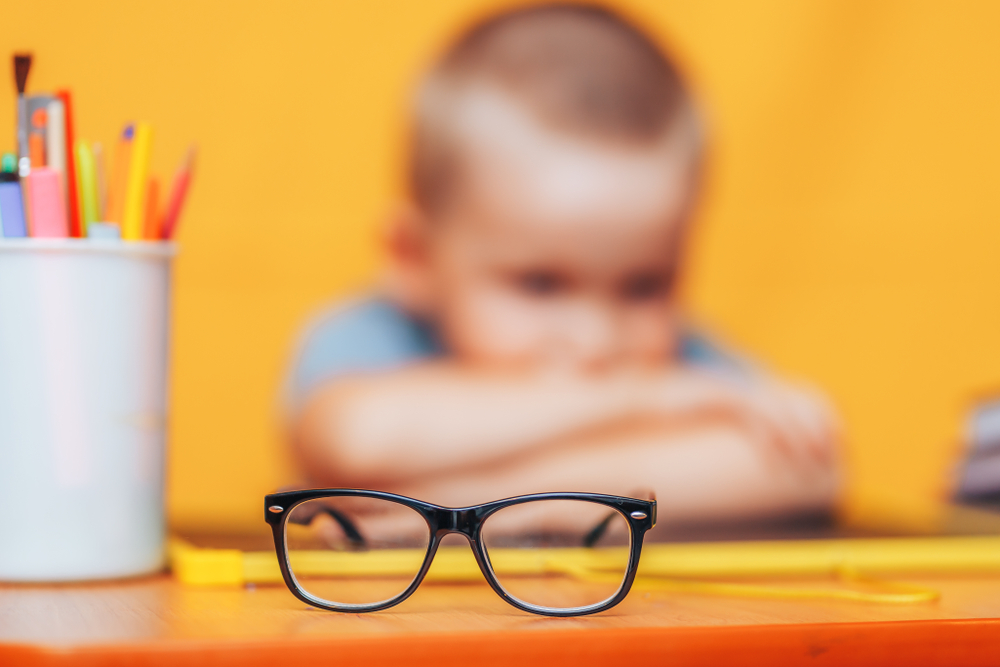
When a child struggles in school, the first thought is often to look at study habits, attention span, or even learning differences. But what if the root of the problem is something less obvious - like an undiagnosed vision issue? Vision plays a critical role in learning, and even small visual challenges can have a major impact on a child’s ability to focus, read, and succeed in the classroom.
The Connection Between Vision and Learning
It’s estimated that up to 80% of what children learn in school is presented visually. From reading assignments and computer work to following the board at the front of the classroom, clear and comfortable vision is essential. If a child is unable to see clearly, track words on a page, or sustain focus, learning naturally becomes a struggle.
Unfortunately, many vision issues don’t show up in routine school screenings. A child may pass a basic eye chart test and still have visual problems that affect their reading comprehension, attention, or performance in subjects like math and writing.
Common Eye Conditions That Affect Learning
Children may experience a range of vision issues that go unnoticed, including:
Uncorrected refractive errors (such as nearsightedness, farsightedness, or astigmatism) that make it difficult to see clearly at different distances.
Binocular vision problems, where the eyes don’t work together properly, causing double vision or eye strain.
Convergence insufficiency, making it hard to keep both eyes aligned when reading up close.
Eye coordination and tracking problems, which can make reading fluently and comfortably a challenge.
These issues can lead to frustration, avoidance of reading, short attention spans, and even behavioral challenges in the classroom.
Why a Comprehensive Visual Evaluation Is Essential
Unlike a basic vision screening, a visual evaluation evaluates all aspects of a child’s visual system. This includes testing eye focusing, tracking, depth perception, eye teaming, and how efficiently the eyes and brain work together. Many of the skills required for reading, writing, and learning depend on these areas, which are often overlooked in standard screenings. Early detection is key - when vision issues are identified promptly, timely interventions can make all the difference.
Specialized lenses may correct refractive errors and improve clarity.
Vision therapy can strengthen eye coordination, tracking, and focusing abilities.
Tailored treatment plans ensure that your child’s visual skills support their academic success.
By addressing vision problems early, children can gain the tools they need to focus better, read with ease, and perform to their full potential in school.
Give Your Child the Best Chance to Succeed
If your child is struggling with reading, avoiding homework, or showing signs of frustration in school, it may be time to look deeper. A hidden vision issue could be holding them back.
At Eyes for Wellness, we specialize in uncovering and treating the vision problems that affect learning. Schedule a visual evaluation and give your child the support they need to thrive in the classroom and beyond. Visit our office in Indianapolis, Indiana, or call (765) 222-9300 today.




